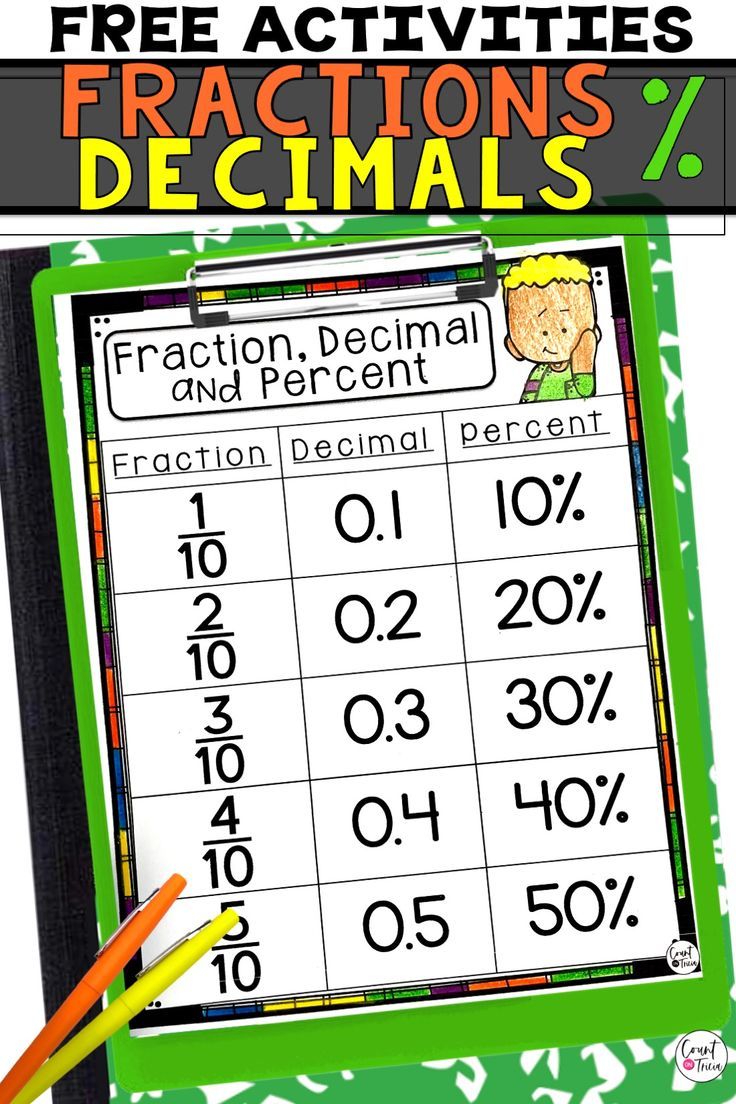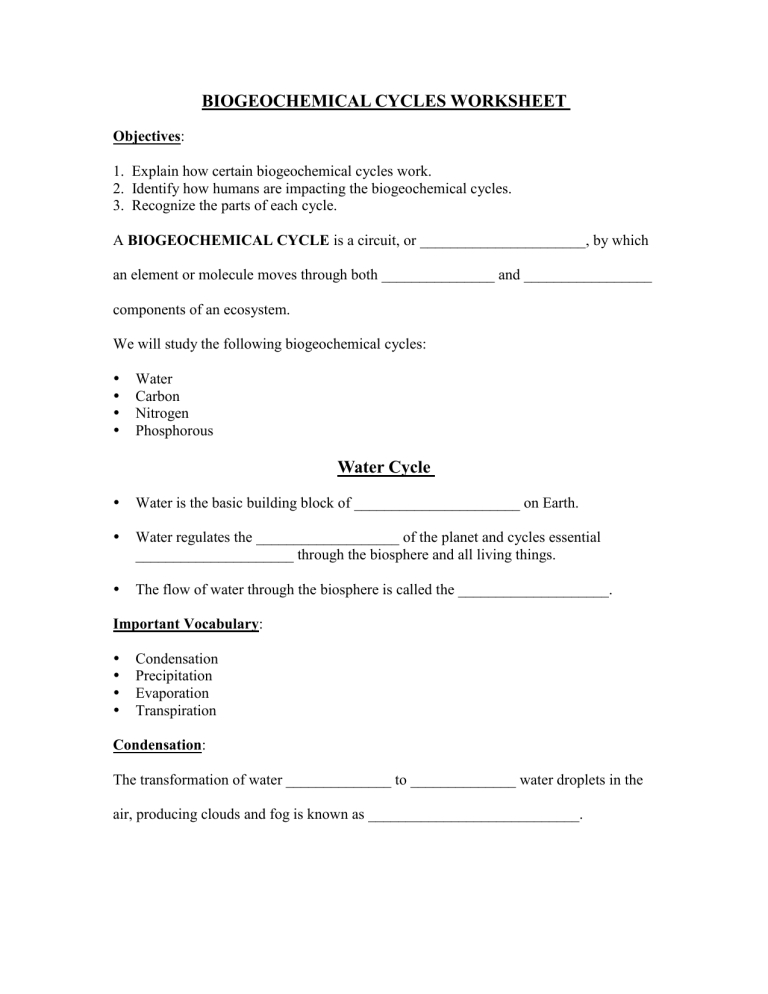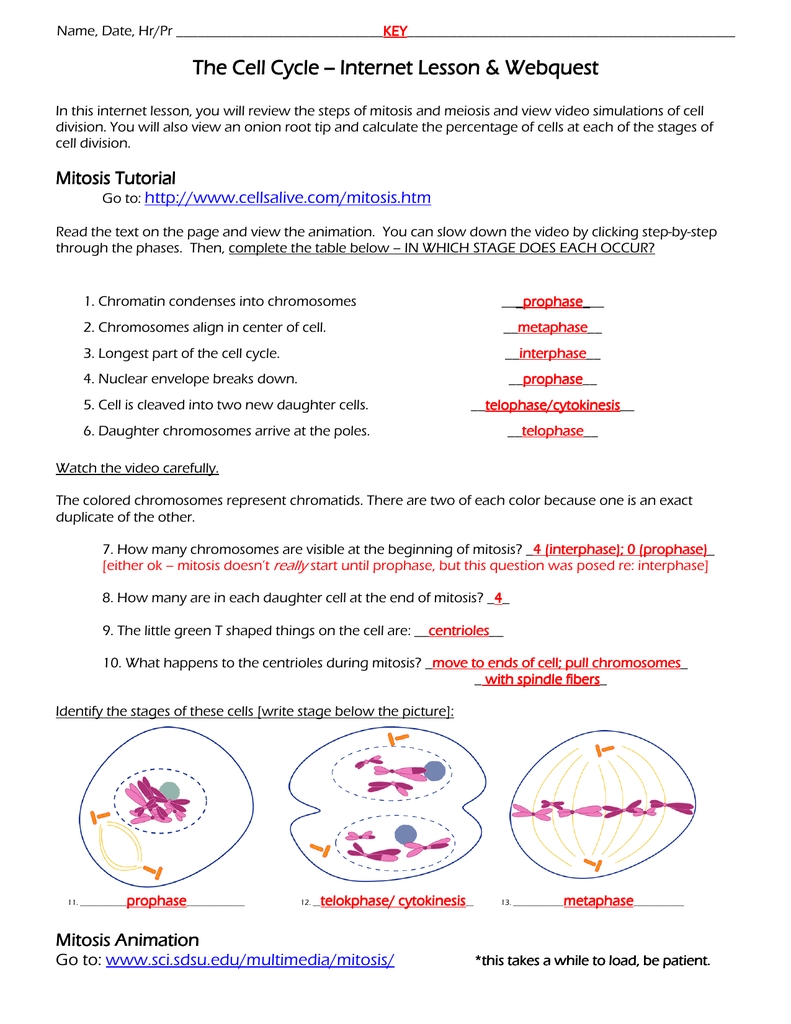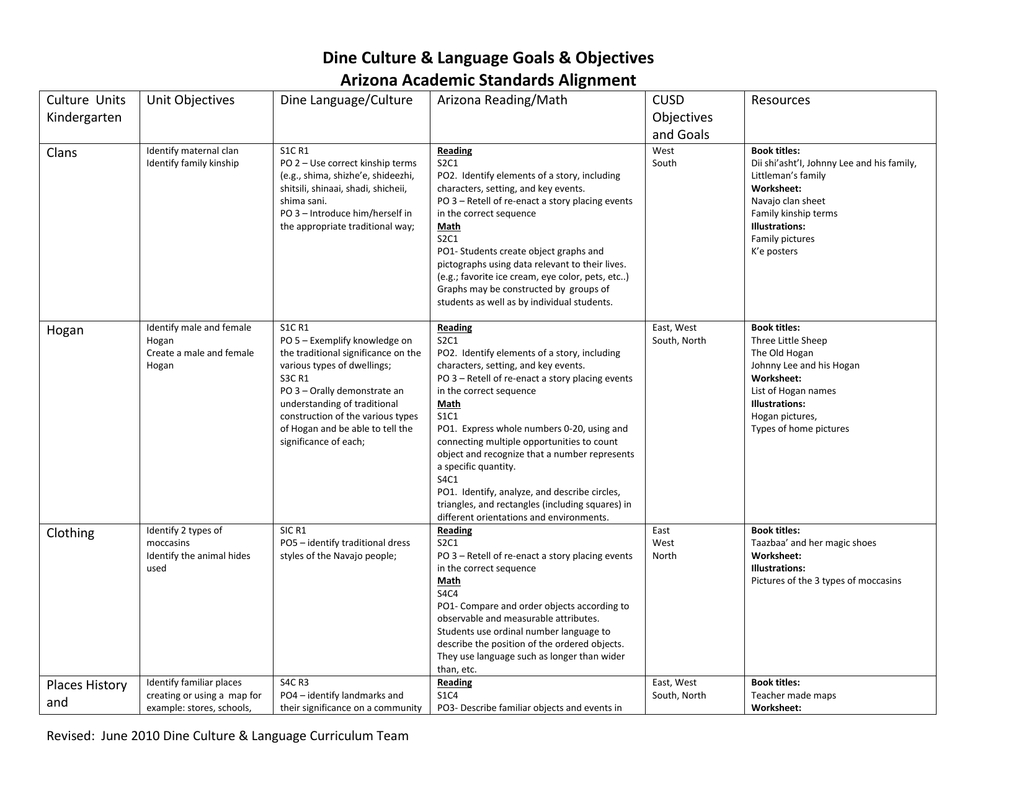Convert Fractions Decimals Percents Made Easy

Understanding Fractions, Decimals, and Percents
When it comes to math, fractions, decimals, and percents can be intimidating concepts for many people. However, once you understand the basics and learn how to convert between them, you’ll find that they’re actually quite simple. In this post, we’ll break down each concept and provide step-by-step instructions on how to convert between fractions, decimals, and percents.
Fractions
A fraction is a way to represent a part of a whole. It consists of two numbers: the numerator (the top number) and the denominator (the bottom number). The numerator tells you how many equal parts you have, while the denominator tells you how many parts the whole is divided into.
For example, the fraction 3⁄4 represents three equal parts out of a total of four parts.
Decimals
A decimal is a way to represent a fraction using a point. It’s a number with a dot (.) in the middle, with the digits before the dot representing the whole number and the digits after the dot representing the fractional part.
For example, the decimal 0.75 represents the fraction 3⁄4.
Percents
A percent is a way to represent a fraction with a denominator of 100. It’s a number followed by a percent sign (%), which means “per hundred”.
For example, 75% represents the fraction 3⁄4.
Converting Fractions to Decimals
To convert a fraction to a decimal, divide the numerator by the denominator.
For example, to convert the fraction 3⁄4 to a decimal, divide 3 by 4:
3 ÷ 4 = 0.75
📝 Note: You can use a calculator to make this calculation easier.
Converting Decimals to Fractions
To convert a decimal to a fraction, write the decimal as a fraction with a denominator of 1, then simplify.
For example, to convert the decimal 0.75 to a fraction:
0.75 = 75⁄100
Simplify the fraction by dividing both the numerator and denominator by 25:
75 ÷ 25 = 3 100 ÷ 25 = 4
So, 0.75 = 3⁄4
Converting Percents to Decimals
To convert a percent to a decimal, divide by 100.
For example, to convert 75% to a decimal:
75 ÷ 100 = 0.75
Converting Decimals to Percents
To convert a decimal to a percent, multiply by 100.
For example, to convert 0.75 to a percent:
0.75 × 100 = 75%
Converting Fractions to Percents
To convert a fraction to a percent, first convert the fraction to a decimal, then multiply by 100.
For example, to convert 3⁄4 to a percent:
3 ÷ 4 = 0.75 0.75 × 100 = 75%
Converting Percents to Fractions
To convert a percent to a fraction, first convert the percent to a decimal, then write the decimal as a fraction.
For example, to convert 75% to a fraction:
75 ÷ 100 = 0.75 0.75 = 3⁄4
Real-World Applications
Fractions, decimals, and percents are used in many real-world applications, such as:
- Cooking and recipes
- Shopping and discounts
- Finance and interest rates
- Science and measurement
Being able to convert between fractions, decimals, and percents will help you in these situations and make math easier to understand.
Conclusion
In conclusion, converting fractions, decimals, and percents is a simple process that requires understanding the basics of each concept. By following the step-by-step instructions provided in this post, you’ll be able to convert between fractions, decimals, and percents with ease.
What is the difference between a fraction and a decimal?
+A fraction is a way to represent a part of a whole, while a decimal is a way to represent a fraction using a point.
How do I convert a percent to a decimal?
+To convert a percent to a decimal, divide by 100.
What is the real-world application of fractions, decimals, and percents?
+Fractions, decimals, and percents are used in many real-world applications, such as cooking, shopping, finance, and science.
Related Terms:
- Decimal to percentage worksheet
- Fraction to decimal Worksheet
- Fraction decimal percentage worksheet pdf
- Fraction to decimal grade 6
- Decimal fraction pdf
- Fraction worksheet



